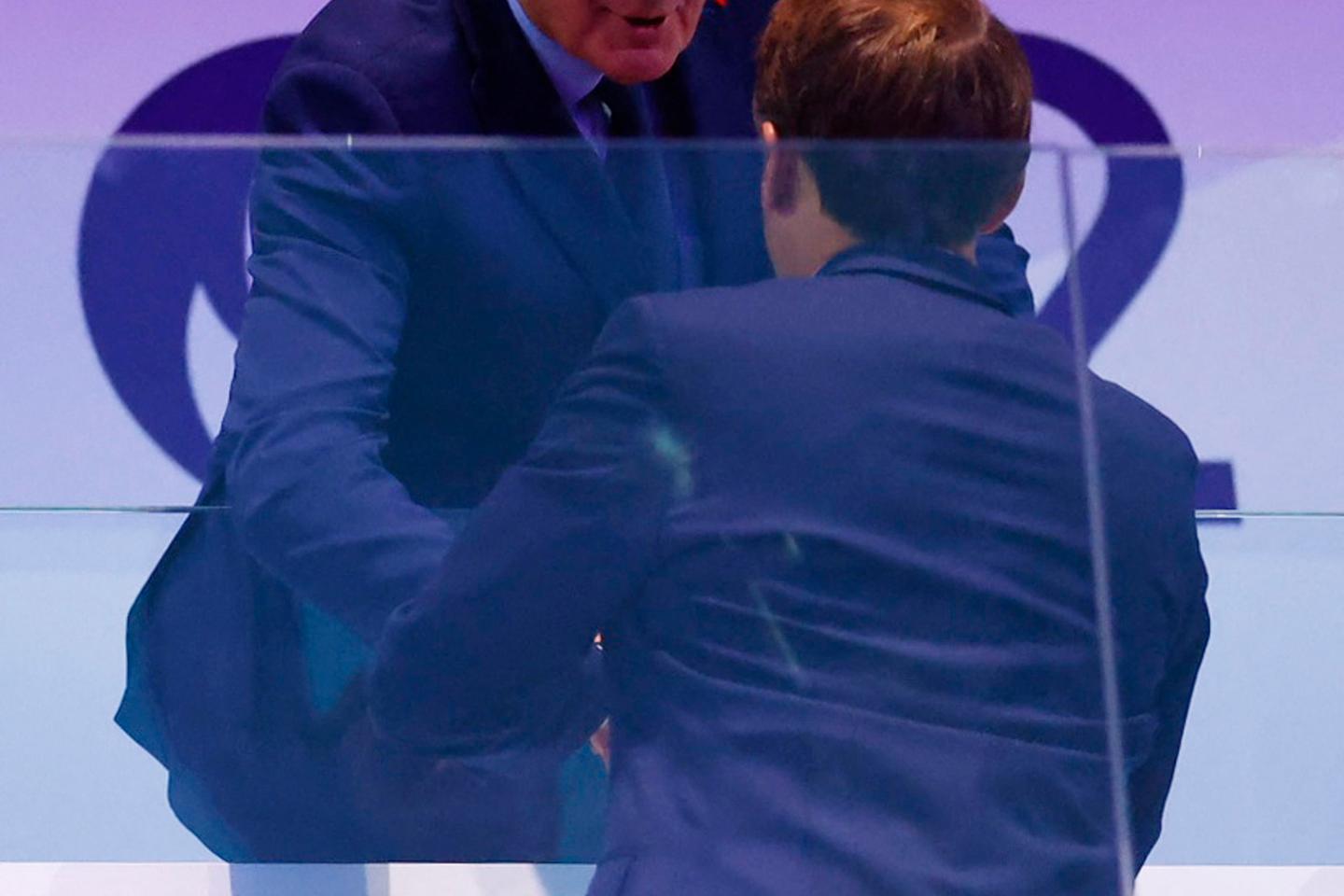


On the weekend of Saturday, September 7, two branches of the French left were venting their anger at not taking the country's reins, after the second round of legislative elections on July 7 had put their left-wing Nouveau Front Populaire (NFP) alliance in pole position. The first, virulently demonstrated, hoping to push for the impeachment of President Emmanuel Macron, accusing him of having wronged voters by rejecting Lucie Castets' candidacy for prime minister. The second, more discreet, was cursing the Socialist leadership for having passed up the opportunity to reinstall the moderate left in power under the authority of former Socialist Bernard Cazeneuve, who served as prime minister under François Hollande. Behind this collective failure lies the classic tension between radicalism and the search for compromise, which informs the entire history of the left but now extends beyond it.
Who today would be so foolish not to proclaim their desire for a break with the past? Everything is pointing to one, starting with the accelerated devitalisation of Macron who, since 2022, has struggled to give any meaning to his second term, and who definitively lost control of the game with the dissolution of the Assemblée Nationale. You can add to this the discredit of elected politicians as a whole, the poor image given by an Assemblée fragmented into three blocs, the rejection of parties, all of which were precisely documented by the latest electoral survey carried out by Ipsos for Le Monde, the Fondation Jean Jaurès, the political research center at Sciences Po and the Institut Montaigne.
Government of openness
In this deleterious context, the epidemic of breaking with the past doesn't just concern the extremes. It also affects the central bloc, including the presidential camp, which found itself agitated on September 4 when Edouard Philippe declared his candidacy for the next presidential election. Saying that he was prepared for all eventualities including that of an early presidential election, Macron's former prime minister vowed to propose something "massive" to the French, a way of breaking with the prevailing quagmire on a day when Macron seemed unable to find a prime minister who wouldn't be immediately blocked. And when, the following day, a name was finally announced, that of former European commissioner Michel Barnier, it was again the lexicon of "disruption" that was activated, with him promising in his very first speech to undertake "changes" and "ruptures."
You have 58.21% of this article left to read. The rest is for subscribers only.
